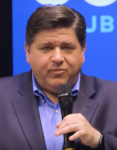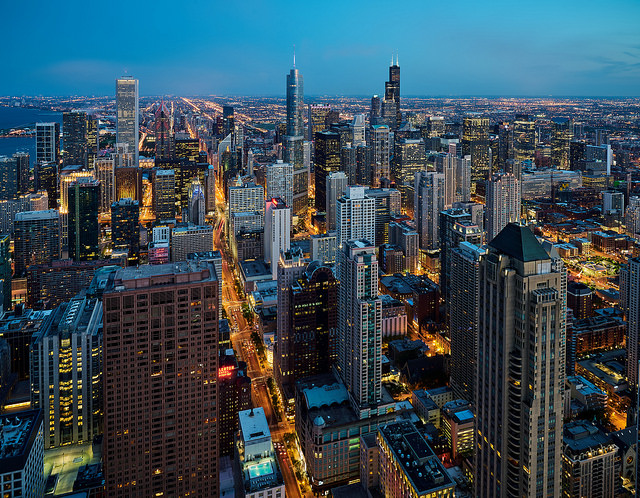Last weekend, Illinois Governor J.B. Pritzker announced the introduction of a bill that would legalize adult-use cannabis, allowing medical dispensaries to begin sales for anyone over the age of 21. According to the Chicago Sun Times, the major focus for Governor Pritzker on legalizing cannabis is on things like social equity and criminal justice.

Rather than touting the tax dollars that could be raised, like other state governments are often eager to highlight, Governor Pritzker’s announcement was about racial equality and helping those disproportionately affected by the drug war. “We are taking a major step forward to legalize adult use cannabis and to celebrate the fact that Illinois is going to have the most equity-centric law in the nation,” Governor Pritzker told members of the media during a press conference. “For the many individuals and families whose lives have been changed, indeed hurt, because the nation’s war on drugs discriminated against people of color, this day belongs to you, too.”
The legislation includes a provision for automatically expunging about 80,000 convictions related to cannabis, allowing those with convictions to work in the newly-legal Illinois cannabis industry. It also includes a provision for license applicants to be designated as social equity applicants, where lawmakers are hoping to encourage minority-owned business growth. They plan on waiving fees as well as helping social equity applicants get better access to capital and business loans.
This is not the first time that Democrats in the Illinois state legislature have attempted to legalize adult-use cannabis. Back in 2017, state Representative Kelly Cassidy and state Senator Heather Steans, the two lawmakers sponsoring this bill, sponsored a legalization bill that failed to garner support. Back in late January of 2019, Governor Pritzker, Rep. Cassidy and Sen. Steans announced their plans for legalization. Introducing this bill to the legislature this week takes their plans and the state of Illinois one step closer to adult use legalization.
During the press conference, Sen. Steans mentioned they want to make sure revenue from the new market will benefit residents of Illinois. According to the Chicago Sun Times, the bill allows for 25% of tax revenue would go to helping those disproportionately affected by the drug war and 20% would go to mental health and substance abuse treatment.
That revenue, an estimated $170 million, will mainly come from licensing fees in 2020. Cannabis products with less than 35% THC content would be taxed at a fixed 10% rate, while products with more than 35% THC would be taxed at 20%. The bill would also allow people in Illinois to grow up to five plants at home.



